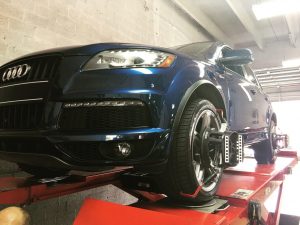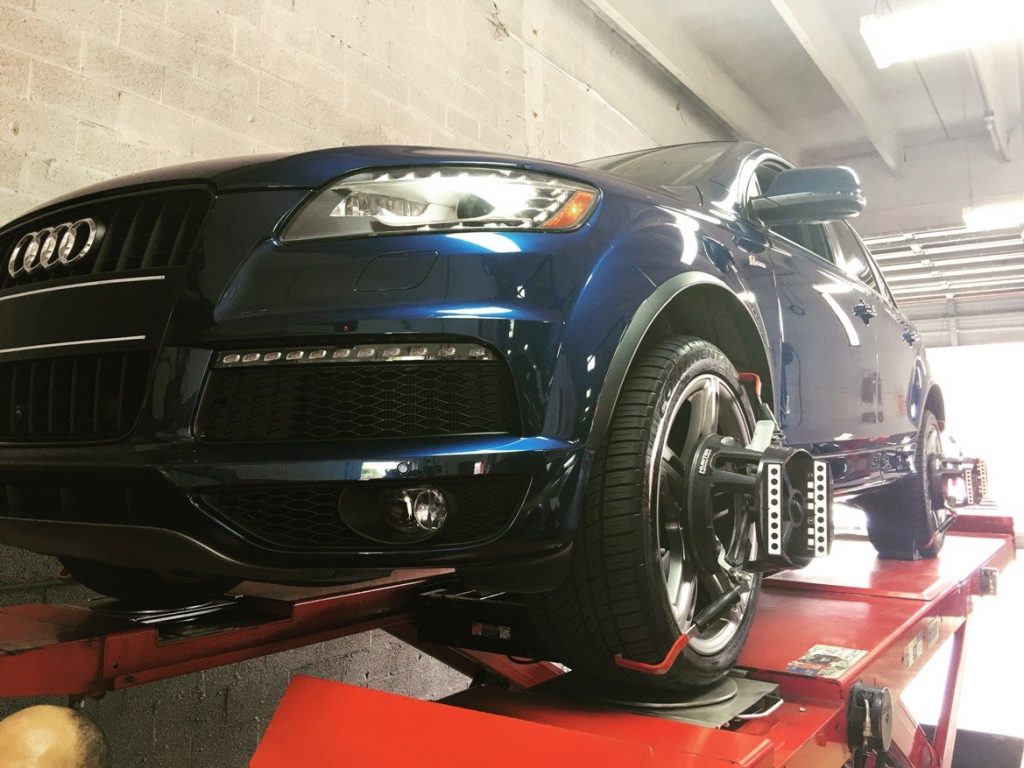Why You Need To Pay Attention To Brake Maintenance
Car Maintenance is Important
Brake maintenance and Car maintenance are some of most important and simple things you can perform to keep your car running strong for years. People often overlook it, and then they scratch their heads wondering just why their usually stalwart ride has been letting them down recently.
Nothing Like Your Brakes
Keeping an eye out for your engine oil, making sure your air filter is clean are common maintenance routines. But perhaps one of the single most important aspects for both safety and longevity are your brakes and brake maintenance. If there’s one thing you should go all out for, it’s brakes.
Brake Maintenance
 You don’t want to save money on brake maintenance. Why? Well, because, like tires, they’re the few components that actually keep you on the road and off that tree over in the distance. You will fail car inspections if your brakes aren’t in top notch condition, and many people don’t really keep an eye out for their braking system.
You don’t want to save money on brake maintenance. Why? Well, because, like tires, they’re the few components that actually keep you on the road and off that tree over in the distance. You will fail car inspections if your brakes aren’t in top notch condition, and many people don’t really keep an eye out for their braking system.
Usually, you can know the state of your brakes via braking feel or listening carefully. For mild cases, you can hear a squeaking noise, signifying damaged brake lining, or uneven rotors. It can increase the rate of wear on the pads. If you hear a gnarly metal grind, chances are your pads are beyond worn. This will ruin your rotors quickly.
Those are minor issues; it may not be all sunshine if you fail to notice brake lining deterioration early on. It can cause your car to drag to one side, possibly due to contamination or uneven lining. If air gets into your brake linings, it’ll reduce your braking efficiency, and in serious cases your pedal can be to the floor just to keep your car from rolling.
The frequency that you need to service your brakes depends on where your car is driven. A car roaming around an urban jungle dealing with daily stop-and-go traffic will require brake services sooner than a car cruising on the highway or country every day. It’s not all black and white, but pads and shoes should be replaced between 20,000 and 60,000 miles. You may want to get your rotors machined every pad change as well.
Normally, you wouldn’t have to replace brake calipers, since brake caliper damage being quite uncommon. You should perform a brake fluid flush according to your vehicle’s manual, or every 2 years/30,000 miles. It’s a smart move to inspect your brake system often, including the brake lines. It can be periodically, e.g., every 10,000 miles, or just have your mechanic scrutinize it every oil change.
If you don’t know your way around a spanner, let the professionals deal with it. With that said, brake services aren’t rocket science. With a small toolkit and ample research, you should be able to perform pad replacements yourself. For any enthusiasts, it’d be a piece of cake.
Brakes in top notch condition should be silent and feel responsive once you depress your brake pedal. Of course, there’s the world of high performance pads, aftermarket rotors, braided brake lines et cetera. If you bring your car to a track day, you may be looking at pad replacements within months.
Brake maintenance is crucial in preserving drivability. What’s the point of, say, a 400-horsepower BMW M4 if everyone can hear your brakes squeaking from miles away and you can barely stop the car? You may be surprised at how much a set of high-quality pads can change your car’s characteristics too.

